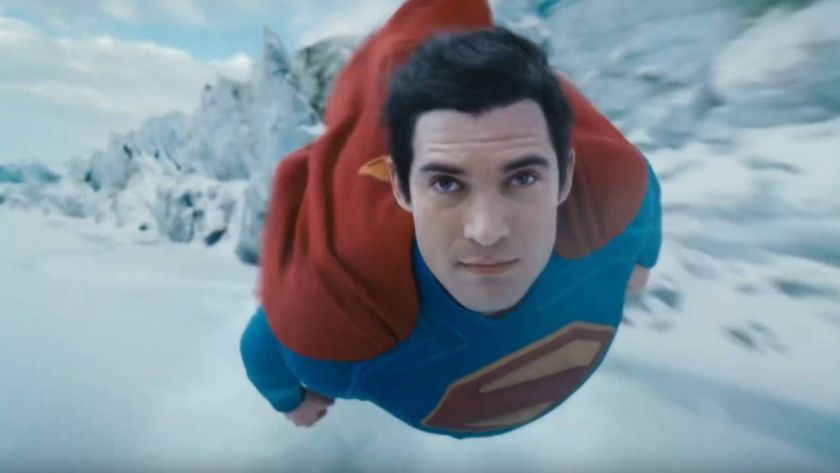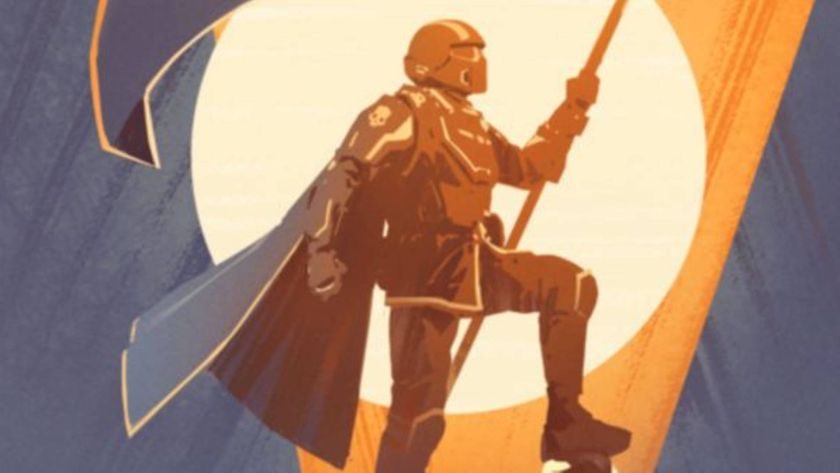22 movies that accurately predicted the future
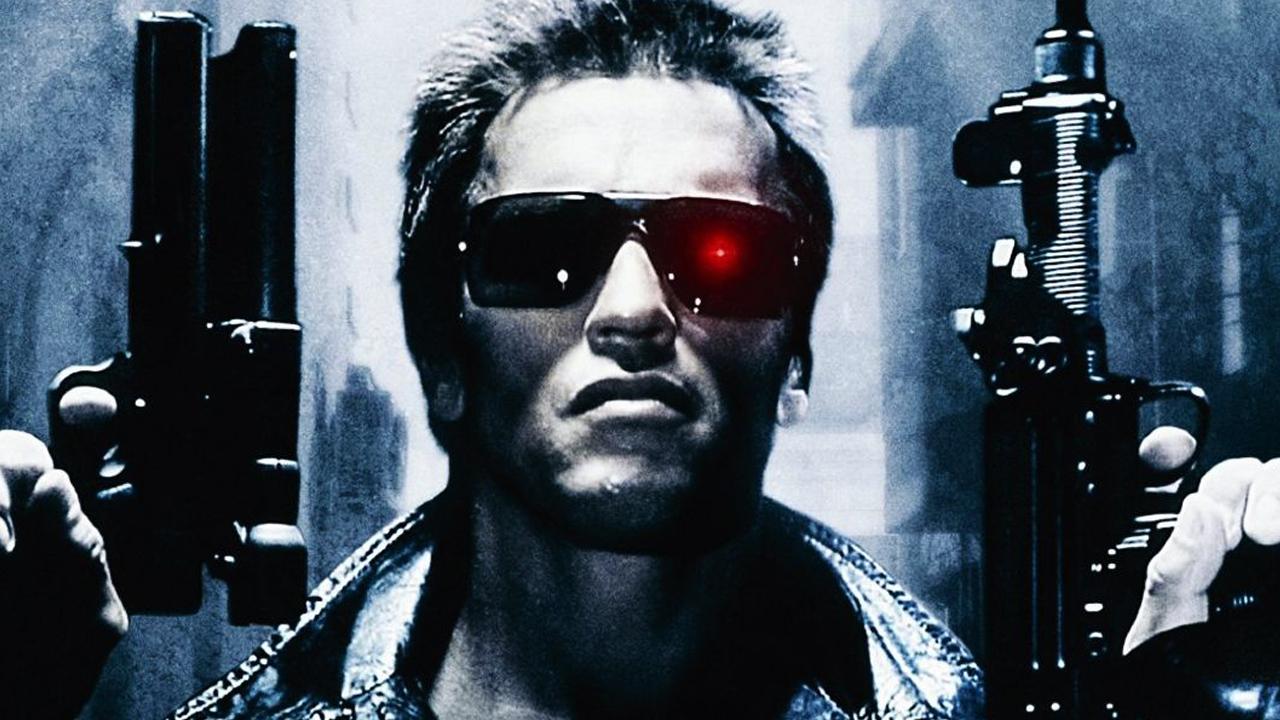
There’s a long-standing debate about the future in movies. Does science fiction predict later technology because the writers and filmmakers are just keen observers and futurists? Or is it all a self-fulfilling prophecy, with science fiction inspiring actual science? One on hand, you have an entire, lucrative industry devoted to predicting future developments, some of which is bound to seep into our entertainment. But on the other, you often hear inventors credit some seminal piece of science fiction for inspiring their creations.
Whatever the truth of this chicken / egg argument, a look back at our cinematic past reveals a shocking amount of foreshadowing of our present reality. This inspired us to take a look at some of the most accurate (and eerie) examples of this technological fortune telling in film.
2001: A Space Odyssey (1968)
What it predicted: Tablet computing, space tourism, the International Space Station.
The timeframe might have been a little off, but looking back now Stanley Kubrick’s Oscar Winning sci-fi epic looks suspiciously like the cinematic equivalent of Nostradamus. Alongside tablet computing and an International Space Station, Kubrick’s movie also accurately predicts the concept of space tourism decades before Richard Branson’s Virgin Galactic made it a reality.
Weird Science (1985)
What it predicted: 3D printing.
Okay so 3D printers aren’t actually able to create the Kelly LeBrock-shaped woman of your dreams out of a Barbie doll and an archaic looking computer (yet). But the concept of a printer able to manufacture any sort of three-dimensional object was still very much an impossible dream in 1985, and becoming surprisingly commonplace in 2016.
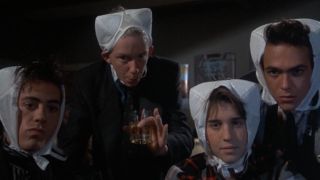
A.D.A.M (1973)
What it predicted: Smart homes.
The Automated Domestic Appliance Monitor that Roger Empson created to assist his disabled wife could easily pass as a prototype for any of the multiplying number of smart home solutions available today. Luckily for us, though, none of these systems seem to have developed A.D.A.M.’s penchant for romance (and violent jealousy). At least, not yet.
The Terminator (1984)
What it predicted: Military drones.
We were only given the briefest of glimpses of hunter killer aircraft in the first Terminator film. Back then the idea of unmanned planes that rained down fiery death seemed ridiculous and fantastical. Today, however, drones are everywhere, assisting in police actions and playing a prominent part in conflicts across the globe. Did you know the British military also have a satellite system called Skynet?
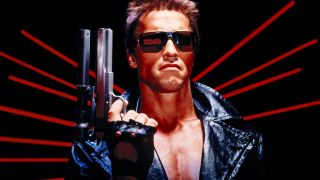
The Truman Show (1998)
What it predicted: Reality TV.
It may seem strange at a time when such a huge portion of programming is reality orientated, but back in 1998 the idea of voyeuristic television was strange enough to be considered fiction. And whilst The Truman Show didn’t quite predict the invention of Kocktails with Khloe, it did prove to be spot on when it came to the appetite to creepily watch other people’s lives unfold.
Sign up for the Total Film Newsletter
Bringing all the latest movie news, features, and reviews to your inbox
WarGames (1983)
What it predicted: Hacking / cyber warfare.
Back in 1983 a fresh-faced Matthew Broderick took a break from cutting class to show us what the future of hacking and cyber warfare might look like. The film's slightly light on actual details, but given that it was released seven years before the dawn of the World Wide Web, we're willing to cut it some slack. It may not have precisely predicted DDoS attacks or allegations of Russian hackers influencing foreign elections, but it did impress on audiences the powerful potential of 'the cyber'.

Short Circuit (1986)
What it predicted: Military robots.
They might not rap badly, join street gangs, or recreate Three Stooges skits that they’ve seen on TV. But the modern day military’s use of robots looks a lot like the crackpot ideas conjured up in this 80s classic.
Back to the Future Part 2 (1989)
What it predicted: Google Glass/VR Headsets.
The Back to the Future franchise is actually a goldmine of surprisingly on the nose predictions, but the one that sticks out the most now, in our climate of virtual reality obsession, is Back to the Future 2’s smartglasses/VR headset. While their main function seems to be making and receiving calls, Marty McFly’s slick glasses could pass today as a prototype revision of Google Glass, or a pared down Oculus Rift.
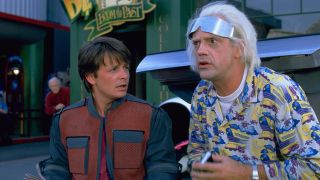
Until the End of the World (1991)
What it predicted: High definition flat screen TVs.
Like the Back to the Future films, Until the End of the World actually predicted a plethora of current devices and trends, from cellphones to consumer GPS devices, but the one that seems most relevant in the 4K era is the high definition flatscreen. Years before we saw TVs simultaneously slim down and stretch out, this obscure, 158-minute disquisition on the nature of dreams and human relationships envisioned a world where a 60 inch television wouldn’t require a forklift to transport.
Minority Report (2002)
What it predicted: Personalised advertising, gesture-based interfaces.
Steven Spielberg hired a team of futurologists for his adaptation of Philip K Dick’s short story, so it’s perhaps no surprise that his vision of 2054 is on course to become disturbingly accurate. The gesture based interfaces Tom Cruise and company use in the movie are reminiscent of a number of VR experiences (and hearken back to the Kinect), whilst personalised advertising has become ubiquitous for anyone who regularly shops online.
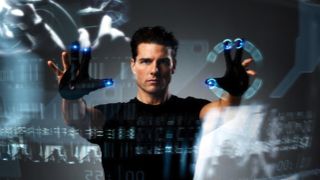
Total Recall (1990)
What it predicted: Self-driving cars.
Time travelling murderous cyborgs may still be a bit out of reach, but if Uber, Google, Volvo et al. have anything to say about it the self-driving cars we see in the Arnie-starring Total Recall might not be such a flight (or commute) of fancy.
- 1
- 2
Current page: Movies that predicted the future - pt.1
Next Page Movies that predicted the future - pt.2Alan Bradley was once a Hardware Writer for GamesRadar and PC Gamer, specialising in PC hardware. But, Alan is now a freelance journalist. He has bylines at Rolling Stone, Gamasutra, Variety, and more.


